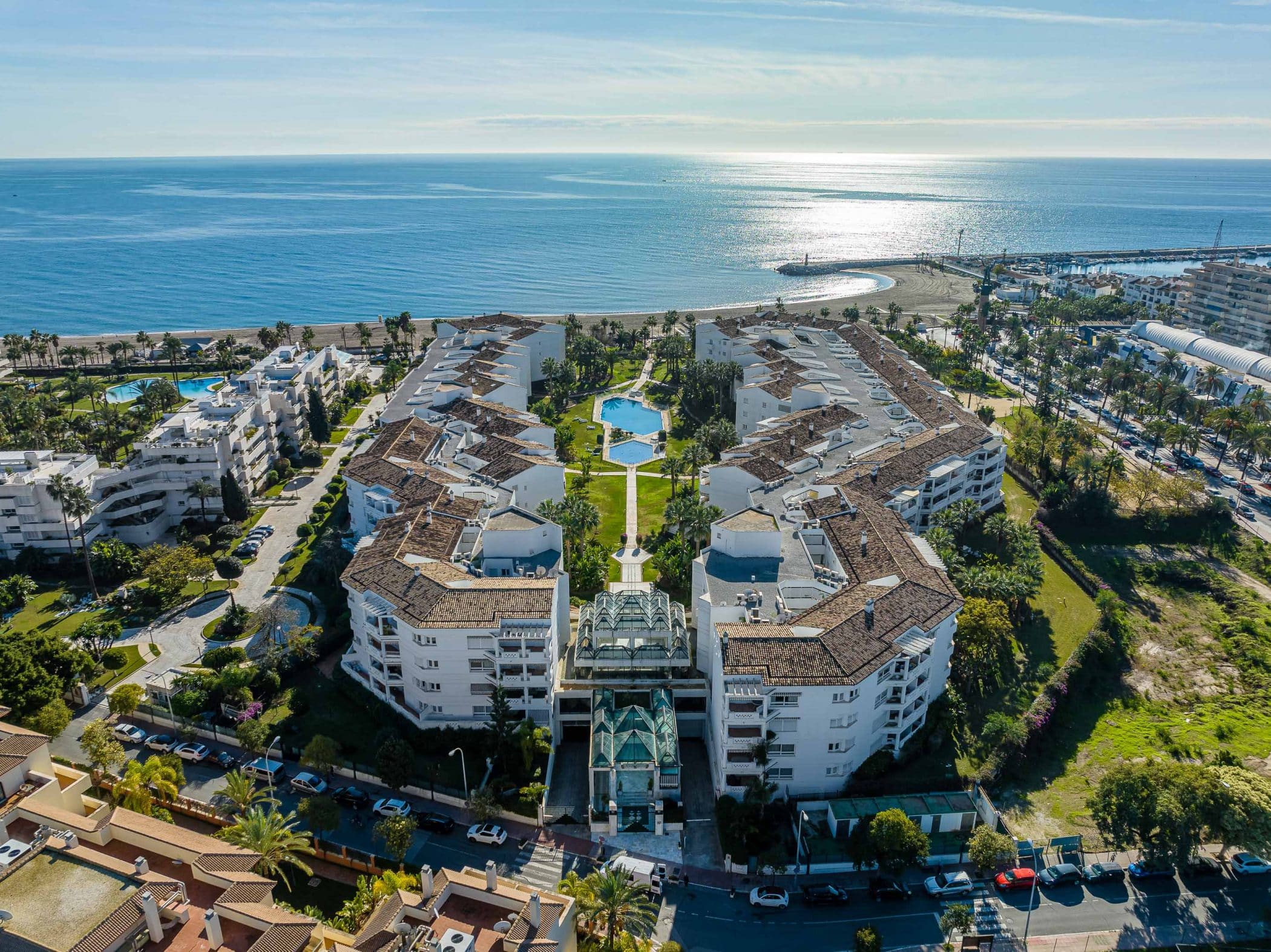A Practical Tax Guide for Holiday Rental Owners in Marbella
Marbella is a beacon for second homeowners and investors seeking to delve into the booming apartment rental market. With a surge in guests preferring long-term stays in apartments over hotels, it’s paramount for owners to understand their tax obligations to ensure compliance and optimal returns. Here’s a complete guide, tailored to assist homeowners in navigating through the Spanish tax landscape effectively.
Understanding Spanish Holiday Rental Taxation
Holiday rentals in Spain are an increasingly popular activity for both owners and tourists. However, it is crucial to understand the tax obligations associated with this practice to avoid legal and financial problems in the future. Spain has stringent regulations and taxes for holiday rentals, and adherence is crucial to avoid penalties. The two pivotal taxes are Income Tax and Value Added Tax (VAT).
Income Tax for Holiday Rentals
Residents and non-residents are taxed differently on rental incomes:
Non-Residents from the EU, Iceland, and Norway:
Tax rate of 19% applies to rental income.
Allowed to deduct property-related expenses.
Must have a tax representative in Spain.
Non-Residents from Other Countries:
Subject to 24% tax without allowances for deductions.
Need a tax representative in Spain.
Residents:
Subject to progressive tax rates.
Required to declare rental income in their annual tax return.
Income obtained from holiday rentals in Spain is subject to personal income tax. Landlords must declare their rental income and pay taxes on the profits. The tax rate varies depending on total income and available deductions.
Wealth Tax: If your assets exceed certain thresholds, you may have to pay Wealth Tax, which is levied on the net value of your properties.
Non-Resident Income Tax (IRNR): If you are a non-tax resident in Spain and you rent your property, you must pay IRNR on the income obtained.
Real Estate Tax (IBI): The IBI is a local tax that taxes the ownership of real estate, including holiday rental properties. The rate varies depending on the location of the property.
VAT on Holiday Rentals
Holiday rentals usually have a VAT exemption, but exceptions exist. Properties offering hotel-like services attract a 10% VAT. A rental is deemed to provide such services if it offers any three of the following: cleaning, bed linen, meals, or laundry services.
Navigating Local Taxes
Some regions enforce additional local taxes on tourist accommodations. Investigating and adhering to local tax and tourist registration requisites for your property’s locale is paramount. Depending on the autonomous community or municipality where the property is located, there may be additional local taxes or fees related to the holiday rental.
Tax Submission
Non-residents are required to file taxes quarterly, while residents must include their rental income in their annual tax return. Non-compliance leads to severe penalties. The deadlines for filing taxes in Spain vary depending on the type of tax and your tax situation. However, you generally must file annual tax returns. It is important to know the tax deadlines and comply with them punctually to avoid penalties.
Seek Professional Guidance
Navigating the intricate Spanish tax laws, especially for non-residents, demands professional advice. Consulting with a House of Marbella tax or legal expert knowledgeable in Spanish tax law ensures adherence and maximizes deductions.
Declaring a Property for Holiday Rental in Spain:
Legal Registration: Ensure your property complies with all regulations and legal requirements for holiday rentals in your autonomous community. This may include obtaining specific licenses and permits.
Accurate Accounting: Keep detailed records of all income and expenses related to the holiday rental. This will help you accurately calculate your tax obligations.
Tax Filing: Complete and file your tax returns according to local and national tax requirements. Consider working with an accountant or tax advisor who specializes in holiday rentals.
Conclusion
Whether a resident or non-resident, comprehending and complying with the Spanish tax laws is crucial to leverage the thriving rental market in Marbella. Keep abreast of the laws and seek expert advice to navigate the tax system efficiently and capitalize on your holiday rental property. Holiday rentals in Spain can be a lucrative source of income, but it is essential to understand and comply with the applicable tax obligations. Working closely with tax professionals and maintaining accurate records is key to successful management of your property.
Final Recommendations for Homeowners in Marbella:
Consult with a tax professional to ensure you meet all tax obligations and take advantage of available deductions.
Keep detailed records of income and expenses related to the holiday rental property.
Comply with local regulations and obtain the necessary licences for holiday rental.
Stay informed about tax updates and changes in tax laws that may affect your situation.
This guide is not exhaustive and does not replace professional advice, as tax laws may change and vary depending on individual circumstances. For accurate, updated, and personalized tax advice, consult with a professional advisor. At House of Marbella, we will advise you on all legal aspects related to holiday rentals. We know that each property and owner has unique needs and characteristics, and we are here to ensure that you comply with all relevant regulations. If you have a property that meets our requirements, do not hesitate to contact us. We are prepared to answer all your questions and guide you on how to obtain the maximum profitability of your property.















